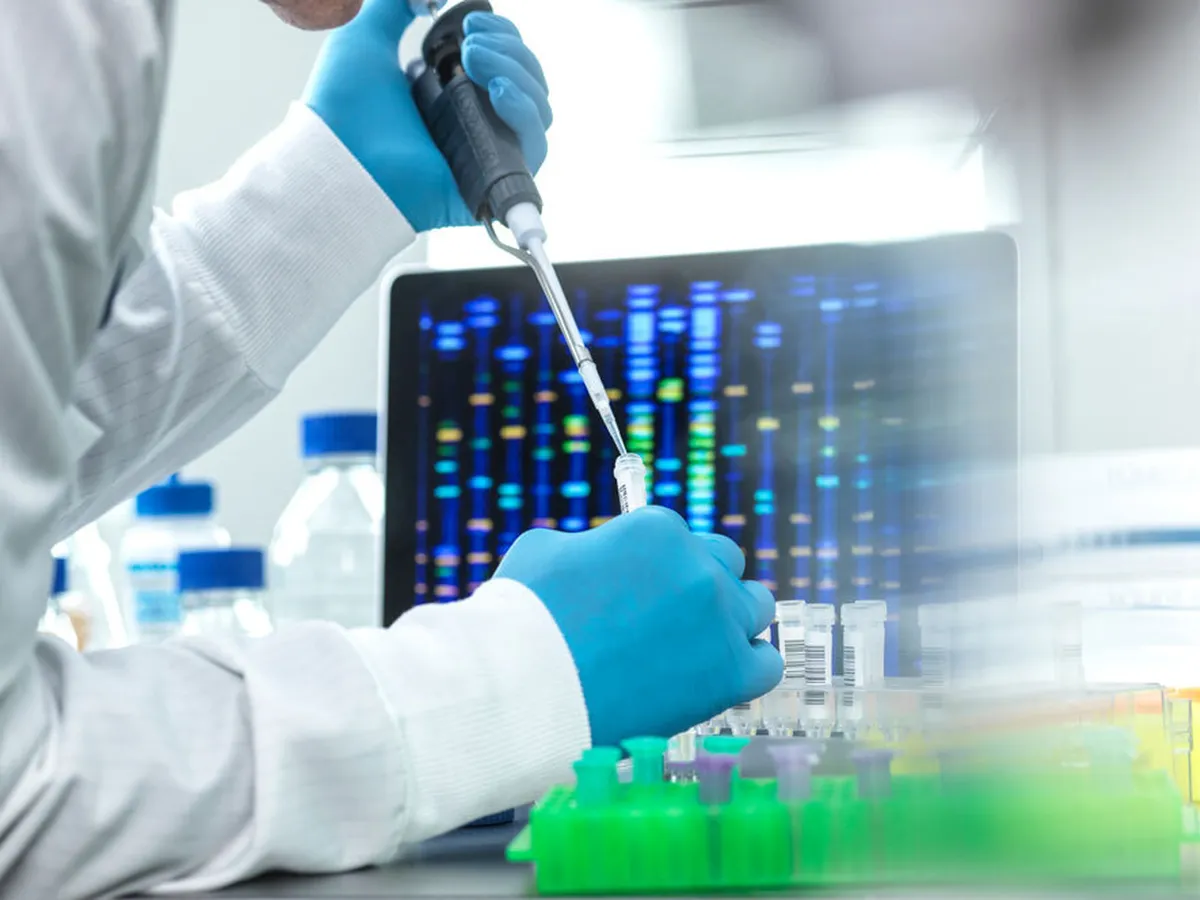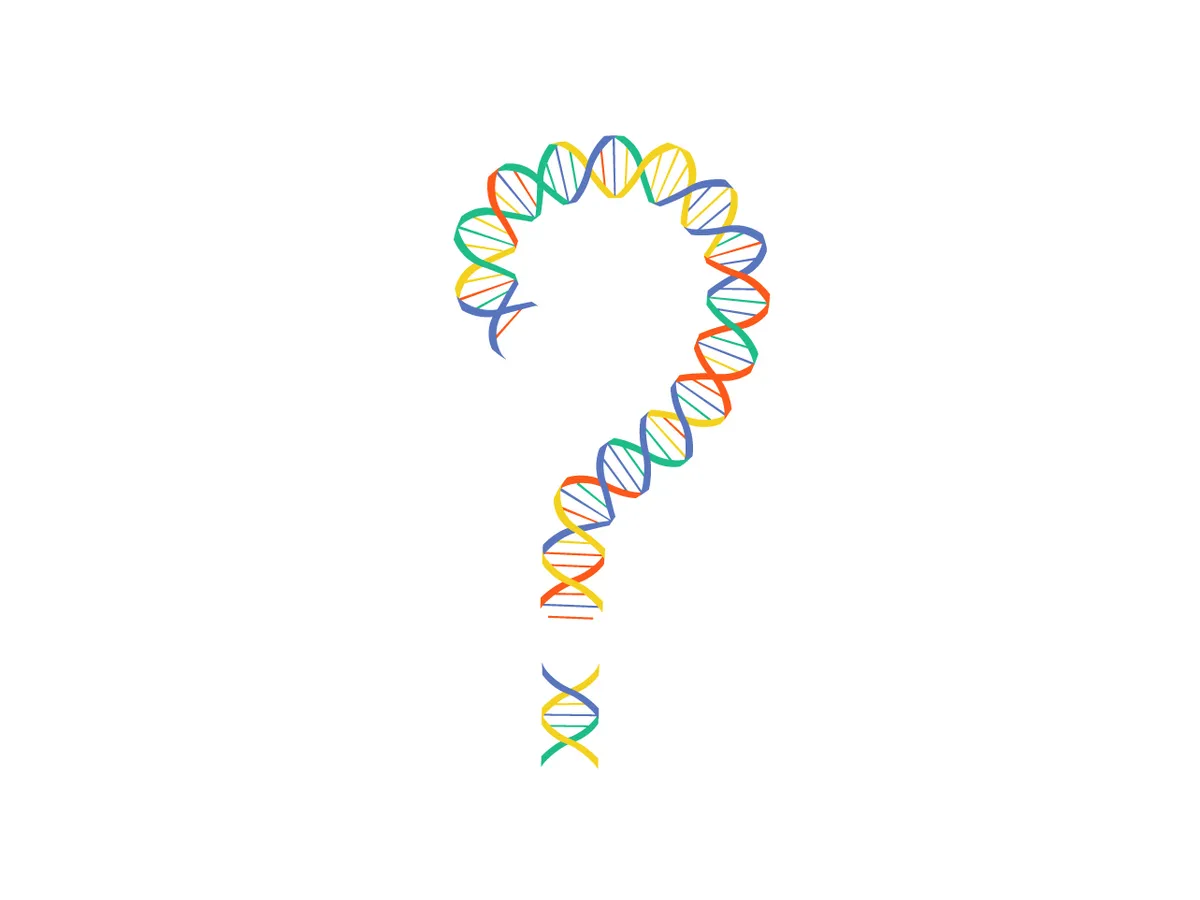Which DNA test is right for you?
Choosing the right DNA test can be a complex decision, as it depends on your specific circumstances and the type of relationship you are trying to establish. To help guide you, we have outlined key considerations below. Additionally, our Clinical Advisors are available to provide expert advice and walk you through the options when you book your test.

Choosing the Right DNA Test
Always Test the Most Direct Relationship Possible
DNA testing is often sought for two main reasons:
- There is a potential biological relationship between individuals that needs to be confirmed.
- There is a lack of evidence to support an assumed relationship, leading to uncertainty.
In the UK, the biological mother of an individual is rarely questioned, so DNA testing is primarily used to establish paternity (the identity of a biological father). When undergoing DNA testing, it is essential to test the most direct relationship possible, as this provides the most conclusive results.
For example, a direct parent-child DNA test will yield clearer and more definitive results than a more complex test involving extended family members, such as sibling or grandparent DNA testing. While indirect tests can be highly accurate, they do not provide the same level of certainty as a paternity or maternity test, which directly analyses the DNA of a potential biological parent.
Example Scenario:
A male and female suspect they share the same biological father but have different biological mothers. If the alleged father is available for testing, a paternity DNA test would be the recommended option. This provides the most definitive answer.
If you are interested in cases where potential fathers are related, please refer to our article on establishing paternity when potential fathers are related.
What If an Alleged Father is Not Available for Testing?
If the alleged father is unavailable or unwilling to participate, other DNA testing options may be considered, though they require careful interpretation.
Grandparent DNA Testing
If the alleged father’s parents (the potential paternal grandparents) are available for testing, they can provide DNA samples for a Duo Grandparent DNA Test. This test compares the DNA of the grandparents and the child to determine the likelihood of a biological relationship. However, because the alleged father’s DNA is not directly analysed, this test does not conclusively identify him as the biological father.
Instead, the grandparent test calculates the probability of the tested individuals being biologically related as grandparent and grandchild. The results should be considered alongside other evidence or existing knowledge about the family’s circumstances.
Sibling DNA Testing
If the alleged father’s parents are unavailable but a potential sibling is willing to take part, a sibling DNA test may be an alternative. This test assesses the genetic relationship between two or more individuals to determine whether they are likely to be full or half-siblings.
Single Grandparent DNA Test
If only one of the alleged father’s parents (either the biological mother or father) is available, a single grandparent DNA test can be performed. While this test can provide useful insights, it is not as conclusive as a Duo Grandparent test, since only half of the genetic data from the alleged father’s side is being analysed.

The Importance of Including a Biological Mother’s DNA Sample
In complex DNA tests such as sibling and grandparent testing, results are often more conclusive when a DNA sample from the biological mother is included. Although testing can be conducted without the mother’s DNA, her sample provides additional genetic information, allowing the laboratory to more accurately determine the likelihood of biological relationships.
For this reason, we strongly recommend including the biological mother’s DNA in the testing process whenever possible, as it increases the reliability of the results.
Limitations of Indirect DNA Tests
It is important to understand that sibling and grandparent DNA tests do not specifically identify an alleged biological parent. The test results indicate the likelihood of a relationship but do not explicitly confirm paternity or maternity. This means that while these tests can provide valuable insights, they should always be considered alongside other supporting information.
For the most conclusive results, direct DNA tests such as paternity or maternity testing remain the preferred option whenever possible.
Final Thoughts
Selecting the right DNA test depends on who is available for testing and the specific relationship you wish to confirm. Testing the most direct relationship possible will always yield the most definitive results. However, if a direct parent-child test is not an option, alternative DNA tests involving grandparents, siblings, or other relatives can still provide valuable information.
Our Clinical Advisors are here to help you determine the best DNA test for your situation. Contact us today on 0800 988 7107 to discuss your options and book your test with confidence.
Service related articles...
Head Office
Crystal Health Group
The Old Chapel
Manchester
M30 0NG







